What is devolution and how does it work across the UK?
- Published
- comments
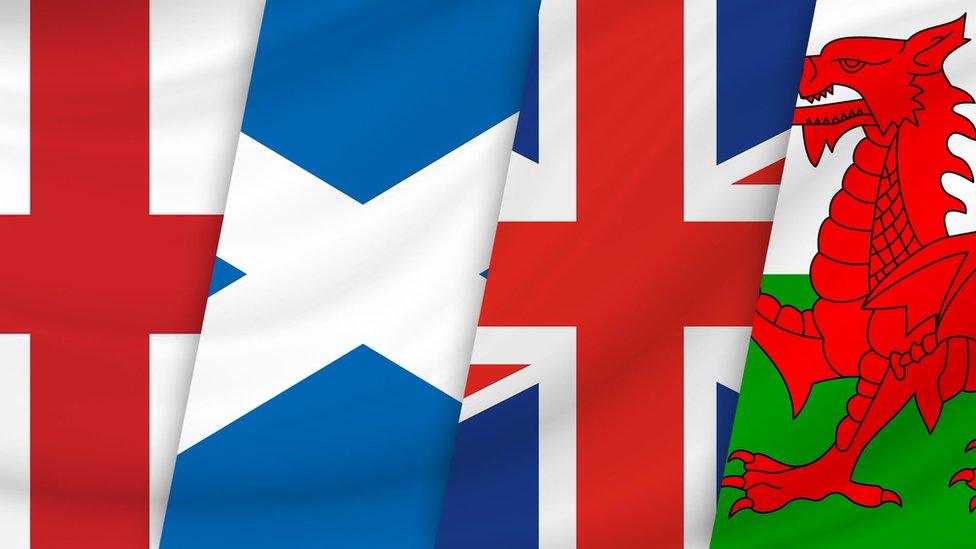
Devolution. You might have heard of it, you might not!
Either way it's a really important word to know, because it probably affects how decisions are made in the place that you live.
So why does it matter and what does devolution mean? Here's everything you need to know...
What does it mean?
The United Kingdom is made up of four nations: England, Scotland, Wales and Northern Ireland.
There have been plenty of discussions about how these nations should be run.
For many years the four nations were run by one government, known as the UK government, based in Westminster in London.
But increasingly, more people wanted their nation to have more control over the decisions made in their part of the UK, and have more of a say in what happened there.
By the end of the 1990s, something called devolution happened.
The UK government began transferring powers to local governments, meaning nations were allowed to start making their own decisions on certain things.
How did it happen?
In 1997 and 1998, public votes were held in Scotland, Wales and Northern Ireland.
People were voting on whether their nation should have more power.
Most people wanted that option - so it was decided that powers should be passed from the central UK parliament in London to elected groups in Cardiff, Belfast and Edinburgh.
These elected groups are called the Scottish Parliament, the National Assembly for Wales and the Northern Ireland Assembly.
They all have the power to make some big decisions for their nation, instead of being ruled entirely by the UK government.
What powers are devolved?
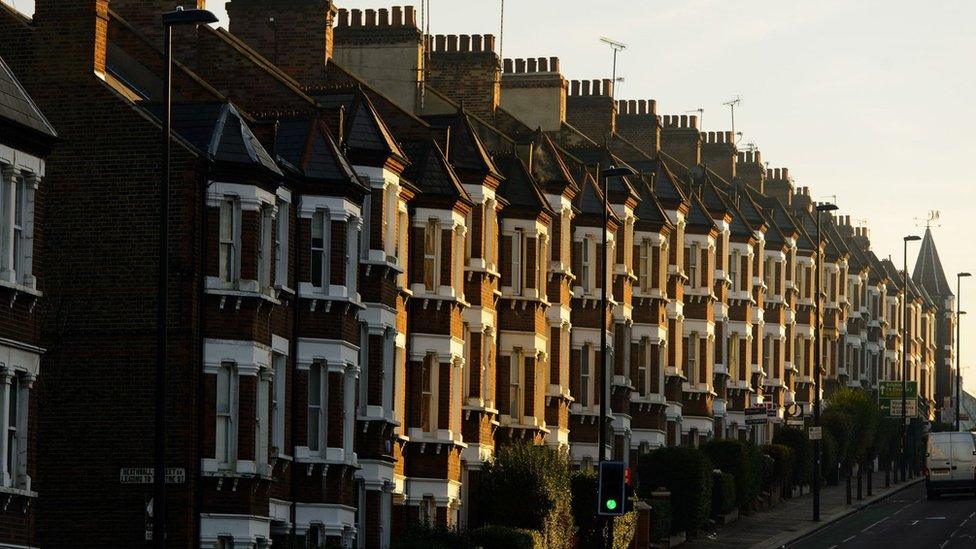
The word devolved means moving powers from the the UK government to local bodies in each nation. In Northern Ireland, these are called transferred powers.
A key idea is that all the powers that used to be there are still there, they are now just shared between the UK government and the more local body.
The main issues the nations' governments have control over are things like education, housing, environment and health.
However, they don't all have the same powers. Each political body shares power with the UK government in London in a different way.
What powers aren't devolved?
Powers that aren't devolved are called reserved powers.
The UK government is responsible for making decisions on all national powers which have not been transferred.
Reserved powers include foreign affairs, defence, international relations and economic policy.
The UK government is technically still able to pass laws for any part of the UK, but generally doesn't do so.
Devolution in Scotland
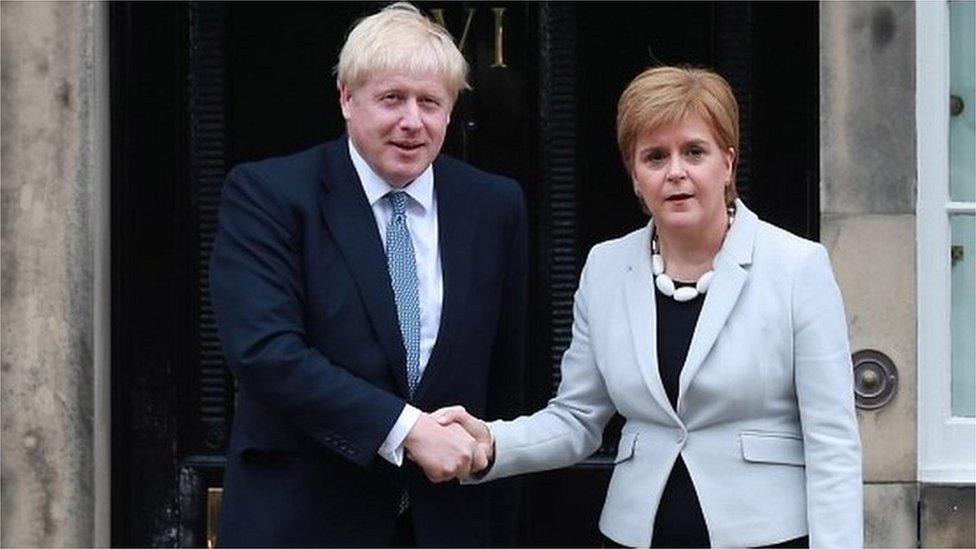
Scotland has the most power out of all the devolved nations.
The Scottish Parliament sits at Holyrood in Edinburgh and is made up of 129 elected Members of the Scottish Parliament (MSPs).
They can scrutinise and pass bills in many areas.
As in the UK Parliament, there is a government responsible for running the parliament and creating and enforcing laws - this is known political terms as the executive branch.
The Scottish Government is the executive branch and has been led by the Scottish National Party (SNP) since 2007.
In 2014, there was a big shake-up following the Scottish referendum. Voters said no to full independence for Scotland, but there was a big debate over what Scotland should be able to decide for itself.
After that, more powers were handed to the Scottish Parliament. It was a big moment, and many experts believe it will likely influence how the process of devolution continues across the UK.
Agriculture, forestry and fishing
Education*
Environment
Health
Housing
Justice, policing and courts, including speed limits and railway policing*
Local government
Fire service
Economic development
Some transport
Taxes including income tax, stamp duty and air passenger duty
Some welfare powers
* Scotland has always had its own legal and education system
Devolution in Wales
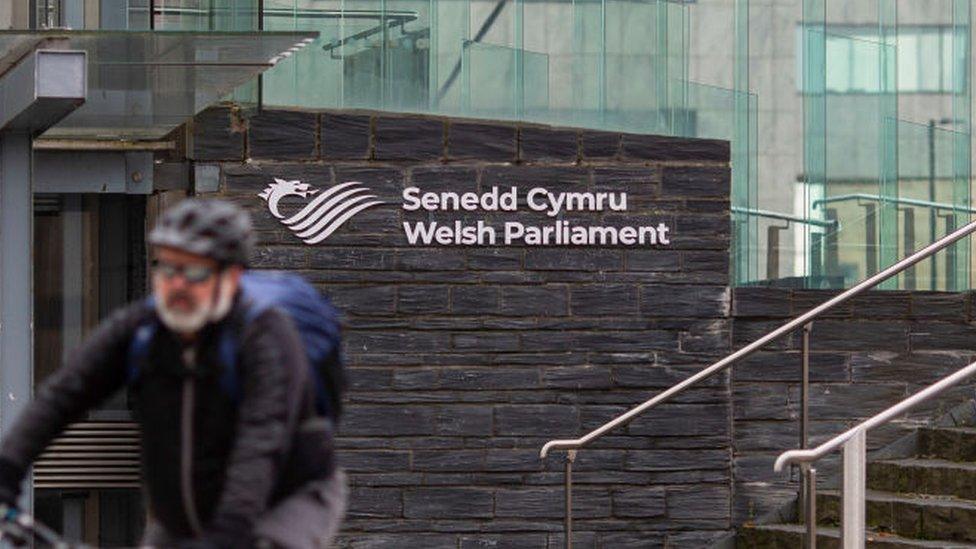
Since May 2020, the National Assembly of Wales has been known as the Senedd Cymru (Welsh Parliament). It meets in Cardiff Bay, and is made up of 60 elected Members of the Senedd (MS).
The Welsh government, which is in charge of day-to-day running of the assembly, is led by the First Minister of Wales.
It has control over public services such as health, education and local government. It can also make laws relating to sport and recreation, tourism, town and country planning, flood defences, and the Welsh language.
Agriculture, forestry and fishing
Education
Environment
Health and social welfare
Housing
Local government
Fire and rescue services
Economic development
Highways and transport
Control over income tax, stamp duty and landfill tax
Welsh language
Devolution in Northern Ireland
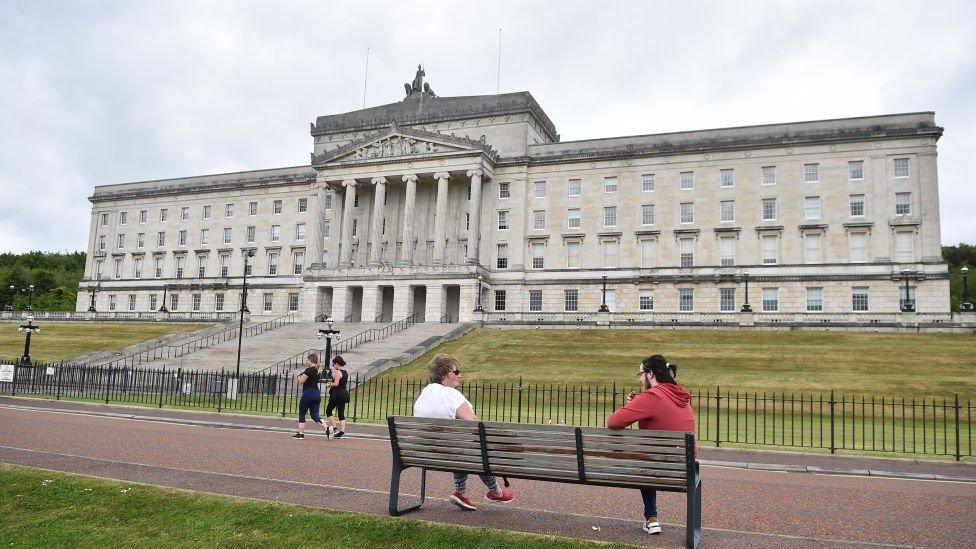
The Northern Ireland Assembly sits at Stormont in Belfast.
The Northern Ireland Legislative Assembly was set up after the Good Friday Agreement (also known as the Belfast Agreement) to allow the people of Northern Ireland to run their own executive and pass some laws.
The Assembly in Belfast has control over issues such as health, housing, sport, and agriculture.
The United Kingdom parliament can still abolish the assembly, because Northern Ireland is not an independent country, but a part of the United Kingdom.
Agriculture
Education
Environment and planning
Health and social services
Enterprise, trade and investment
Local government
Justice, policing and prisons
Control over air passenger duty
Transport
Pensions and child support
Culture and sport
Which powers still belong to the UK government?
The UK parliament is responsible for all matters in England.
But, there have been calls for England's cities and regions to be given more powers just like Scotland, Wales and Northern Ireland.
The constitution
Defence and national security
Drug policy
Foreign policy
Immigration and citizenship
Energy
Social security (devolved in Northern Ireland and partly in Scotland)
Pensions
Most forms of tax (but not in Scotland and with exceptions in Wales)
- Published19 September 2014
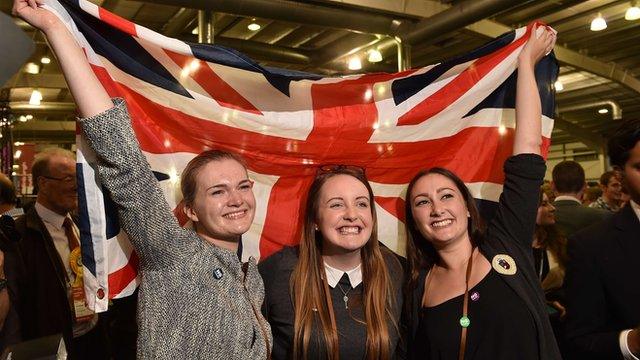
- Published25 September 2014
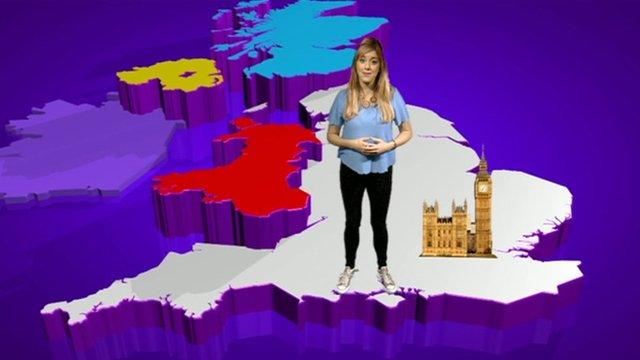
- Published11 December 2018
